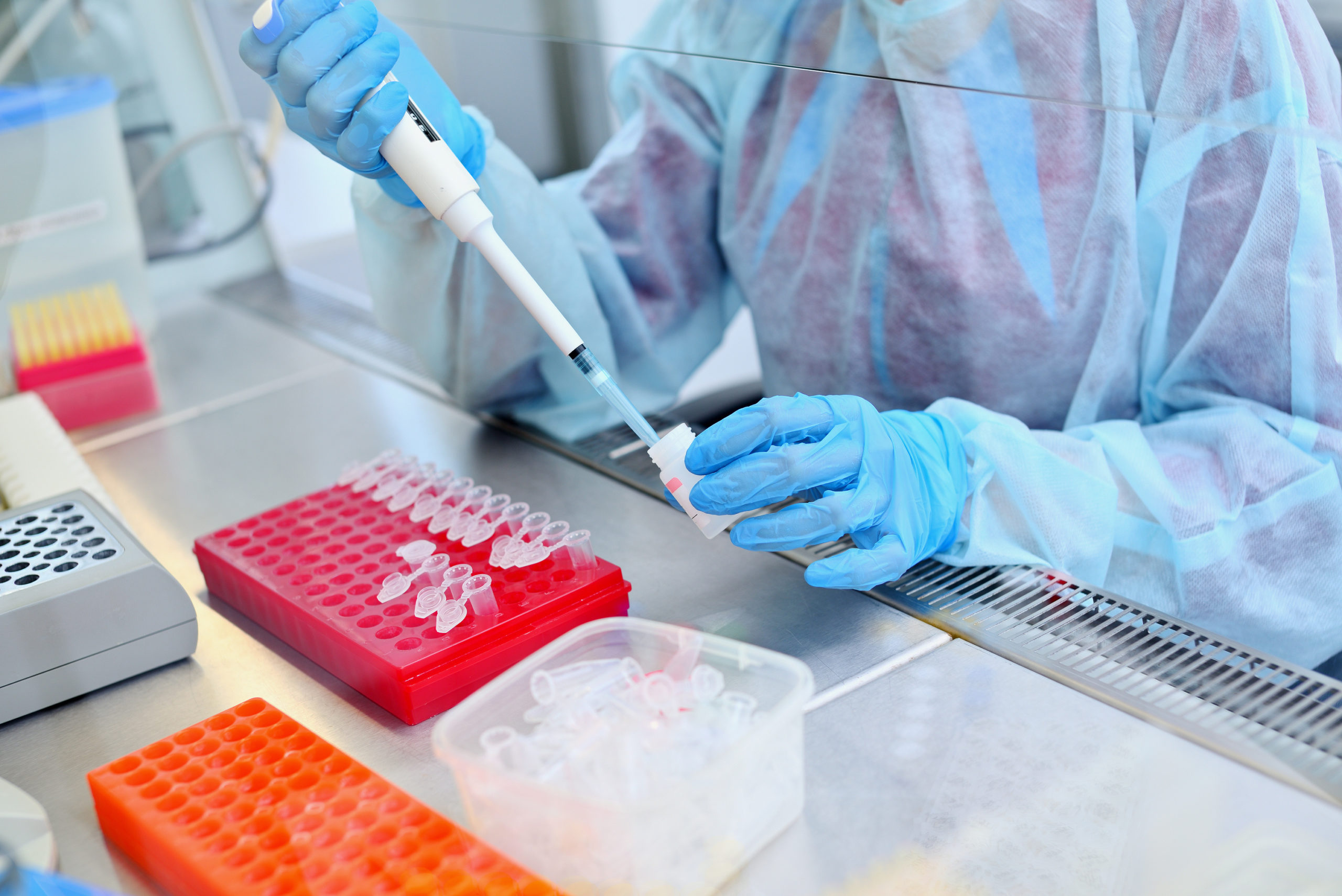Sickle Cell: Gene editing for a better future

A ground-breaking discovery made by the Red Cell Haematology Team at King’s College Hospital in the mid-2000s has led to the creation of a new gene therapy for sickle cell patients that is currently being trialled in the US.
Discovering a genetic switch
In the womb our bodies use a type of haemoglobin called fetal haemoglobin. This binds to oxygen more strongly than adult haemoglobin, enabling the essential transfer of oxygen from mother to fetus.
After we are born a genetic switch is flipped, and we start making adult haemoglobin. Crucially, it’s only the adult form of haemoglobin that is affected by sickle cell disease.
Dr Stephan Menzel, who is part of the sickle cell research team at King’s explains: “In 2007 our group at King’s discovered that the gene BCL11A is part of the switch that turns off the substance called fetal haemoglobin. The adult form of this substance is defective in sickle cell disease.
Genetic therapy
“The new therapy that has been created in the US gets rid of BCL11A, turning fetal haemoglobin back on, thus overcoming the defect in the patients. We found BCL11A by screening thousands of volunteers for genes that make up the switch.
“The defect of the adult haemoglobin makes it clump together inside the cells. This leads to the distorted shape of the red blood cells, so they appear in a sickle shape.
“These distorted cells cannot travel through our blood vessels as smoothly as normal cells, so they get stuck and damage the small vessels. This causes excruciating spells of pain that the patients suffer with from time to time.
“The clumped-up sickle haemoglobin also causes the red blood cells to die. Therefore, patients don’t have enough and they suffer with anaemia. This makes the patients weak, and as children it also affects their ability to concentrate and learn at school.
“Switching off the adult sickle haemoglobin and switching on the fully functional fetal haemoglobin will be a really good way to treat patients.”
Patient benefits
In the US seven sickle cell patients have benefited from the revolutionary new gene-editing treatment being trialled in the US. One patient, Jimi Olaghere told BBC news: “It’s like being born again.” “When I look back, it’s like, ‘Wow, I can’t believe I lived with that.”
Back to all posts
